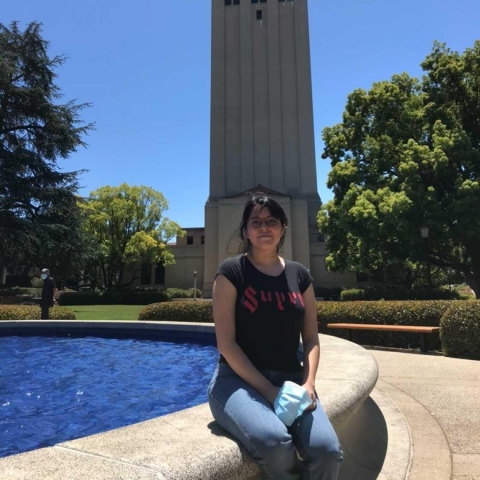Jael Lopez-Saucedo

- Home Institution: Stanford University
- Program: REU at CBB
- Semester: Summer 2021
- Expected Graduation Year: 2023
- Mentor(s): Thomas Oseroff, Michelle Kelley, & Nathan Sitaraman
Q&A
What is the research you are engaged in and what have you accomplished this summer?
I studied the superconducting properties of niobium and vanadium. My mentors and I were experimentally motivated to understand superconductors in high RF fields to improve SRF cavities in accelerators. Niobium is the standard material of cavities but we want to change this composition to vanadium. However, we first have to compare the superconducting behavior of these two metals. To conduct this research, I had to learn about Density Functional Theory (DFT). I used DFT to create band structures, calculate maximally-localized Wannier functions, perform convergence tests for energy, and execute defect calculations.
What are the impacts of your research for the general public?
It is important to understand and compare the superconducting properties of vanadium and niobium. This knowledge can then be utilized to build new cavities to lower the dissipation of energy and cost. These cavities will then be part of particle accelerators used for medicine, water treatment, and defense.
What did you enjoy most about this research/summer experience?
This research/summer experience was the perfect opportunity to see theory and real-life physics applications come together. I enjoyed using my knowledge from my quantum mechanics introductory course to delve into solid-state physics and study lattice structures. In addition, I appreciated the support my mentors Michelle, Nathan, and Thomas provided. Whenever they assigned research goals to fulfill, they believed in my abilities as a student to accomplish them. However, if I reached a roadblock, they were always available to help me. I loved the autonomy they provided and the trust they had in me as a researcher.
What did you find the most challenging about this research?
The most challenging task of this research was learning how to use JDFTx (a plane-wave density-functional theory code). I had to familiarize myself with both the computational and theoretical aspects of DFT. I had to learn the theory behind the code to adequately change the input variables according to the system I was analyzing. Consequently, I had to learn to run the code on computer clusters. Although these tasks were difficult, it has been incredible to use computational physics to solve problems. The longest calculation I ran was for two days! I am excited to utilize this knowledge in my future physics courses.
How has this experience changed your view about being a researcher?
As I am reaching the end of this amazing experience, I have understood the benefit of different perspectives in a research team to fulfill goals. I was also reminded that researchers need self-motivation and self-learning methods to persist. Finally, I truly understood the importance of computational physics when analyzing complex phenomena. This program showed me that engaging in physics research is truly incredible. You use all your academic and personal tools to understand the world around you: your computational and communication skills, scientific abilities, and your identity.
